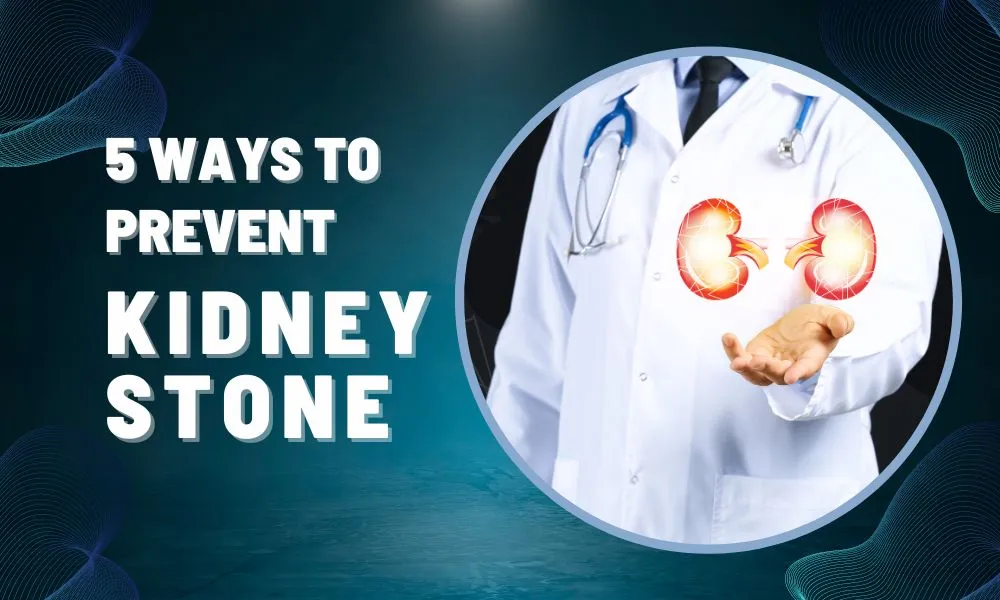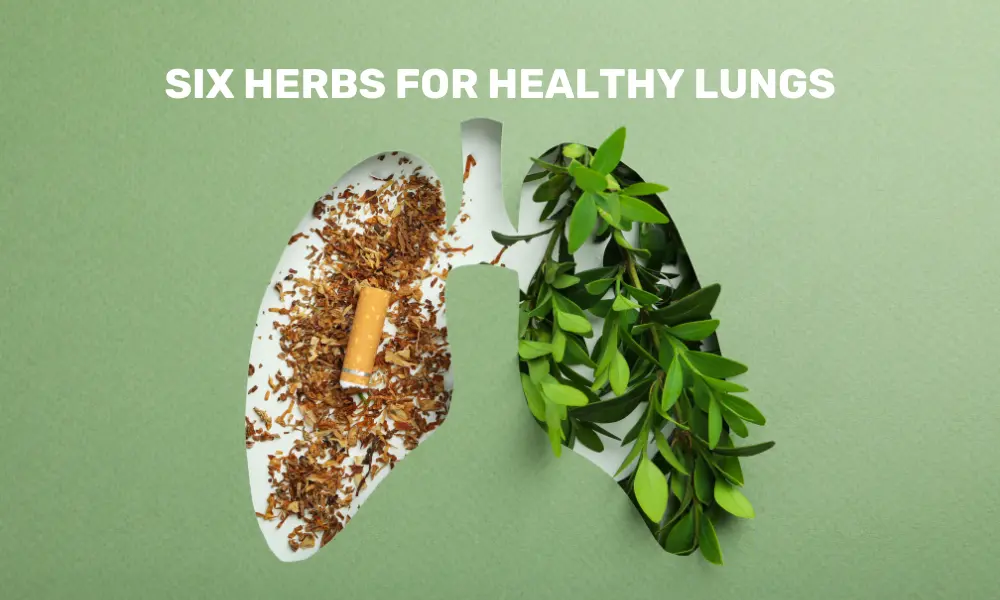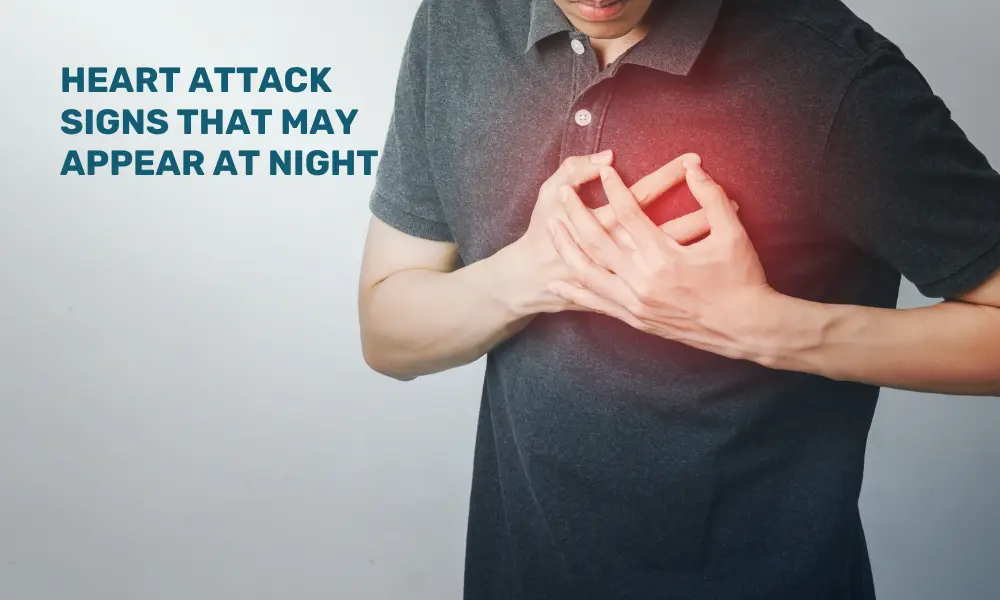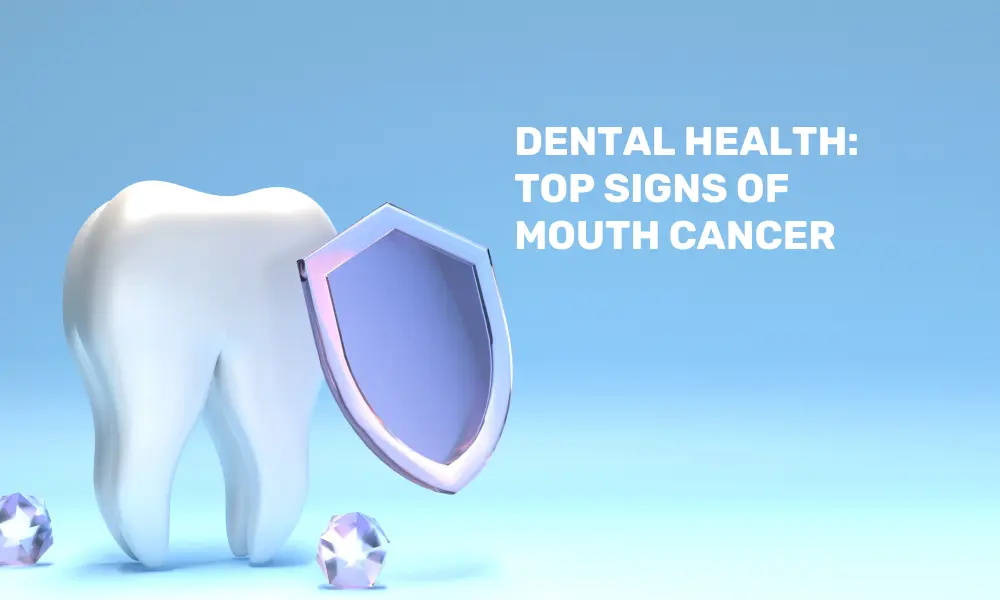A sharp pain in the back or side accompanied by vomiting or a burning sensation while urinating may indicate that you have a kidney stone.
Table of Content
-
What is a Kidney Stone?
-
Risk factors of Kidney Stone
-
Symptoms of kidney stones
-
Ways to prevent Kidney Stone
Dr. Sonal Mhatre, BHMS with 17 years of Clinical experience, explains the risk factors and symptoms of kidney stones and shares five ways to prevent them.
What is a Kidney Stone?
The formation of irregularly-shaped solid mass in kidneys is often referred to as a kidney stone. This can be as small as a sand particle or large as a golf ball. Small stones can be extremely painful as they exit our body through the urinary tract. Drinking fluids may help flush out these stones, but this may take as long as three weeks or more.
A large kidney stone can get trapped in the tube that drains urine from the kidney down to your bladder. When this happens, the stone can cause bleeding while urinating. Generally, in cases where stones are large and do not pass through urine, they are removed through surgery.
Risk factors of Kidney Stone
Anyone can develop kidney stones at any stage of life. Several risk factors may lead to the development of kidney stones. These include:
-
Not drinking sufficient fluids.
-
Having a family history of kidney stones.
-
Having a blockage in your urinary tract.
-
Having a diet that is high in phosphate, for example, meat, fish, beans, and other protein-rich foods. (These food types may aid in formation of kidney stone)
Additionally, certain medical conditions can also increase your risk of developing kidney stones; these conditions are:
-
High blood pressure and Diabetes
-
High calcium levels in your urine (Hypercalciuria)
-
Being obese or overweight
-
Osteoporosis
-
Parathyroid disease
-
Kidney cysts
-
Gout and cystic fibrosis
-
Inflammatory bowel disease (IBD) and chronic diarrhea
-
Surgical procedures include weight loss surgery or other stomach or intestine surgeries.
Symptoms of kidney stones
Sometimes, a person may not know if he or she has a kidney stone until it starts to move or grow. Symptoms of a kidney stone may include:
-
Having difficulty urinating or experiencing pain while doing so.
-
Increased need to urinate.
-
Blood in the urine.
-
Frequent fever or chills.
-
Having vomiting or nausea in addition to discomfort in urinating.
-
Passing urine that smells bad or looks cloudy.
-
Experiencing pain in the lower back or side of the body. The pain may come and go, but sometimes it can aggravate suddenly.
In many cases of smaller kidney stones, there may not be any symptoms. These “silent stones” usually pass out of the body through urine.
Ways to prevent Kidney Stones:
-
Increase fluid intake: Most crucial of all is to drink enough liquids, as the extra fluid helps dilute the substances in urine that lead to stones. Lack of water may result in kidney stone formation. You may include some citrus beverages, like lemonade and orange juice; these can help in increasing the fluids of the body, thereby blocking kidney stone formation.
-
Control your sodium intake: A high-sodium diet increases the amount of calcium in the urine leading to kidney stone formation. So, a low-sodium diet is recommended to minimize the risk of kidney stones. A low-sodium diet is good for blood pressure and heart.
-
Limit animal protein: Overeating animal protein, such as red meat, poultry, and seafood, increases the level of uric acid. An abnormal level of uric acid may lead to kidney stones. Therefore, it is best to have these food items in moderation.
-
Eat plenty of fruits and vegetables: Calcium oxalate is the most common mineral found in kidney stones. Thus, people tend to avoid calcium-rich food items. This is not the solution, however. Low-calcium diets may also increase the risk of developing kidney stones. Therefore, you must have a calcium-inclusive diet; having low-fat milk, low-fat cheese, and low-fat yogurt can be good for your overall health. Calcium from food does not increase stones. However, calcium supplements can affect the formation of certain stones if not taken with meals. You must consult a doctor before taking any such supplements.
-
Avoid foods with oxalate compounds: Oxalate compounds combine with calcium to form stones in the kidney. Too much oxalate-rich foods like spinach, chocolate, sweet potatoes, coffee, beers, peanuts, soy products, and wheat bran may trigger kidney stones. In case you have a kidney stone history, you must have these food types in smaller amounts.
Kidney stones can be frustrating and agonizingly painful. However, this is a temporary condition but might reoccur depending on the body’s capability of being prone to stone formation. Therefore, one must ensure to have a diet that is not overboard in sodium and oxalate compounds. And ensure you consult a doctor if you experience any above-mentioned symptoms so that it is treated well in time.





